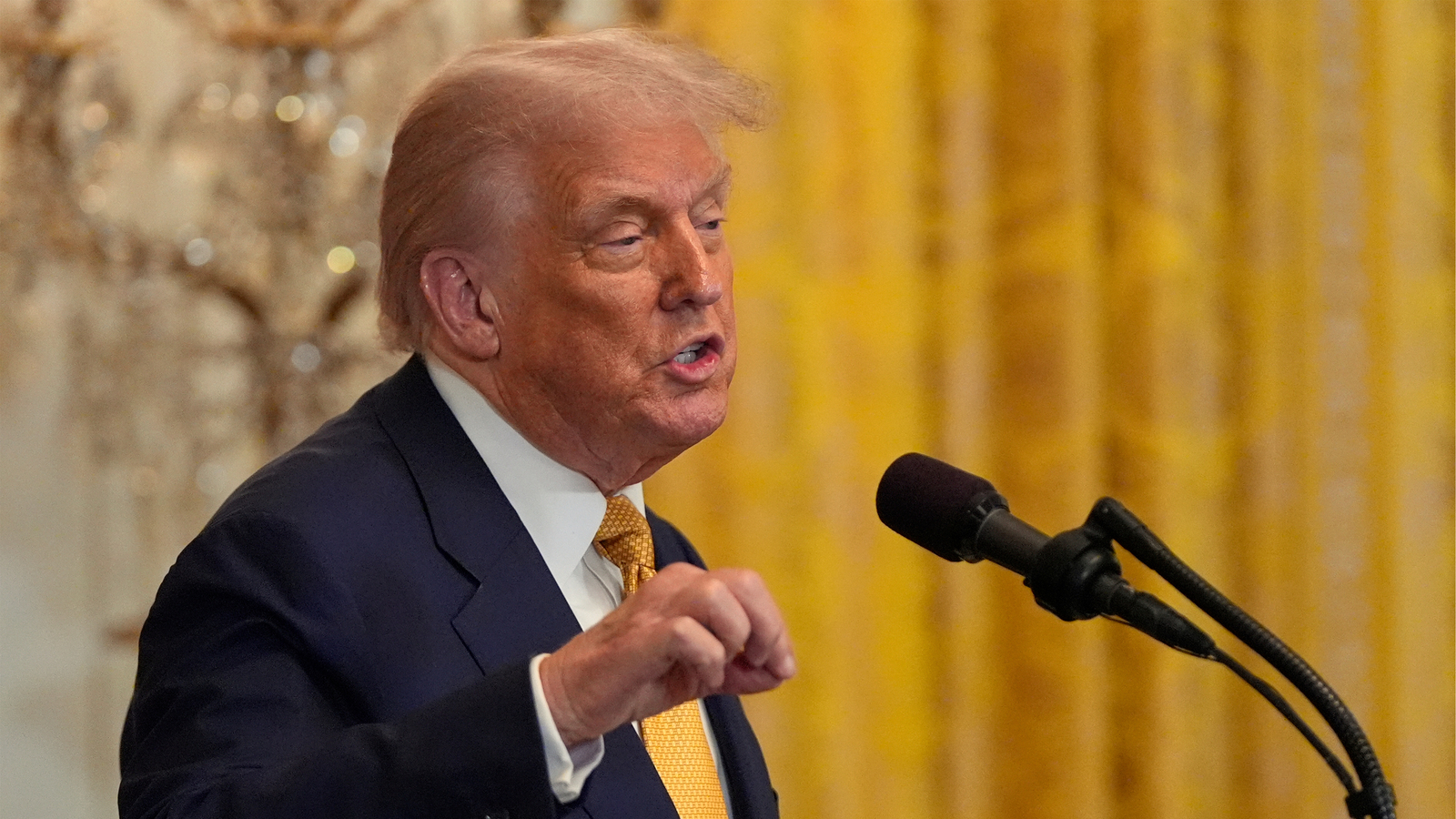#manufacturing-jobs
#manufacturing-jobs
[ follow ]
#tariffs #trade-policy #economic-impact #economy #clean-energy #trump-administration #economic-policy
fromLondon Business News | Londonlovesbusiness.com
4 months agoUK ceramics firm spends 875 million a year in energy costs, Labour conference hears - London Business News | Londonlovesbusiness.com
I'm a proud Pottery worker. Just like my Dad before me. The most highly-skilled Potters make ceramics in my town and we export them around the globe. But the industry we rely on is dying. Spiralling energy prices - especially gas - mean that UK ceramic firms fork out 875 million pounds in energy costs each year. That's right - almost a billion pounds just on energy costs.
UK politics
fromwww.mercurynews.com
4 months agoBouie: The president's economic magic trick is coming undone
They could build new factories and take manufacturing jobs back from foreign competitors as well as expel every person who, in their view, didn't belong in the United States. They could live in a golden age of plenty and seal it away from others outside the country with a closed, hardened border. Trump told Americans that there were no trade-offs.
US politics
fromFortune
7 months agoTrump's 'Big Beautiful Bill' is threatening to upend multi-billion dollar investments promising thousands of new jobs for a Georgia town
Those companies came and it gave us a completely different type of industry and manufacturing for our community, suggesting the transformative potential of these investments.
US politics
fromwww.npr.org
7 months agoSolar manufacturing is booming. Advocates say it could go bust without incentives
"What I see two years out is low-cost will once again drive demand in this market," says McDaniel, general manager of Bila Solar. He adds, "That's going to be a hard road for some of us who have [higher costs] than panels made over in China or Southeast Asia."
US news
Left-wing politics
fromThe Nation
7 months agoThe Math That Gave Us Trump
The loss of manufacturing jobs has a profound economic impact, leading to further job losses across multiple sectors.
Democratic voters, especially working-class ones, are increasingly abandoning the party in favor of Trump due to perceived neglect of their economic concerns.
fromNon Profit News | Nonprofit Quarterly
8 months agoAs Neoliberalism Crashes, What Comes Next? - Non Profit News | Nonprofit Quarterly
We should not let the follies of Trump's tariffs overshadow the follies of the gung-ho globalization that preceded them. So said the award-winning economist James K. Boyce in a recent interview. In 2022, the most recent year that data is available, the US trade deficit totaled $971 billion or 3.77 percent of the GDP. The last US trade surplus was in 1975.
Social justice
US politics
fromwww.theguardian.com
8 months agoI was secretary of labor. Trump's bizarre tariff scheme won't revive American jobs | Robert Reich
US and China cut tariffs on imports for 90 days to boost manufacturing sectors.
Concerns arise over the safety and health risks of revitalizing traditional manufacturing and coal jobs.
fromBusiness Insider
9 months agoAmericans don't want Trump's 'masculine' manufacturing jobs
"It's hard to imagine American workers wanting to sit at a sewing machine and repetitively sew for $7.50, $8 an hour, and even that's going to drive up Nike's production costs such that a pair of Nikes will go through the roof," said Betsey Stevenson, a professor of public policy and economics at the University of Michigan.
Tech industry
[ Load more ]








